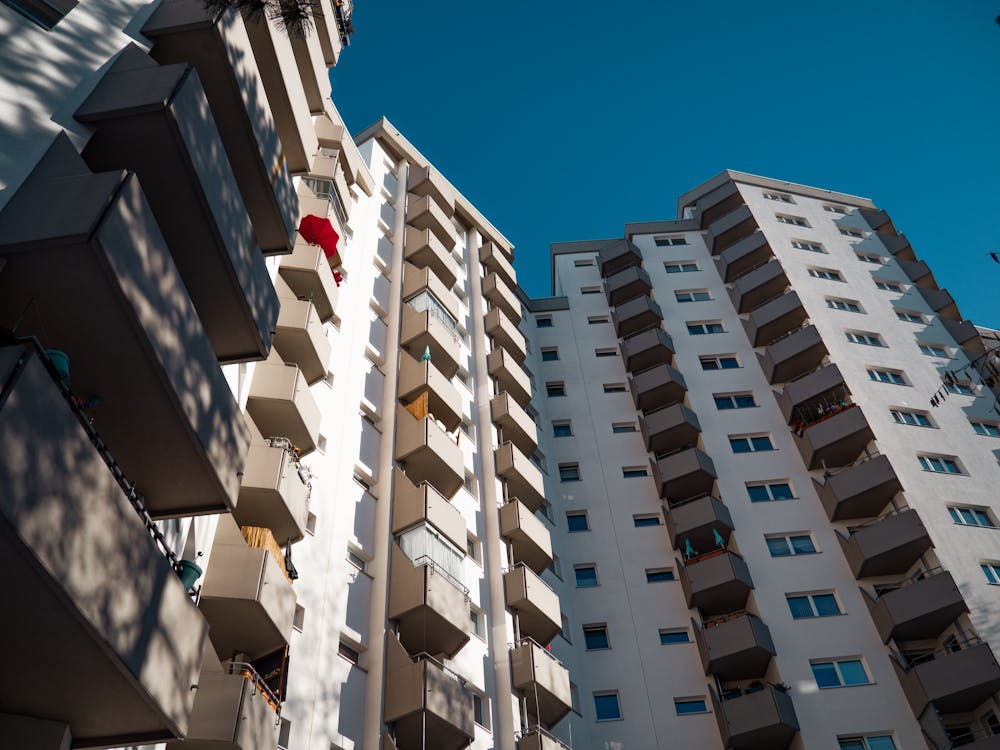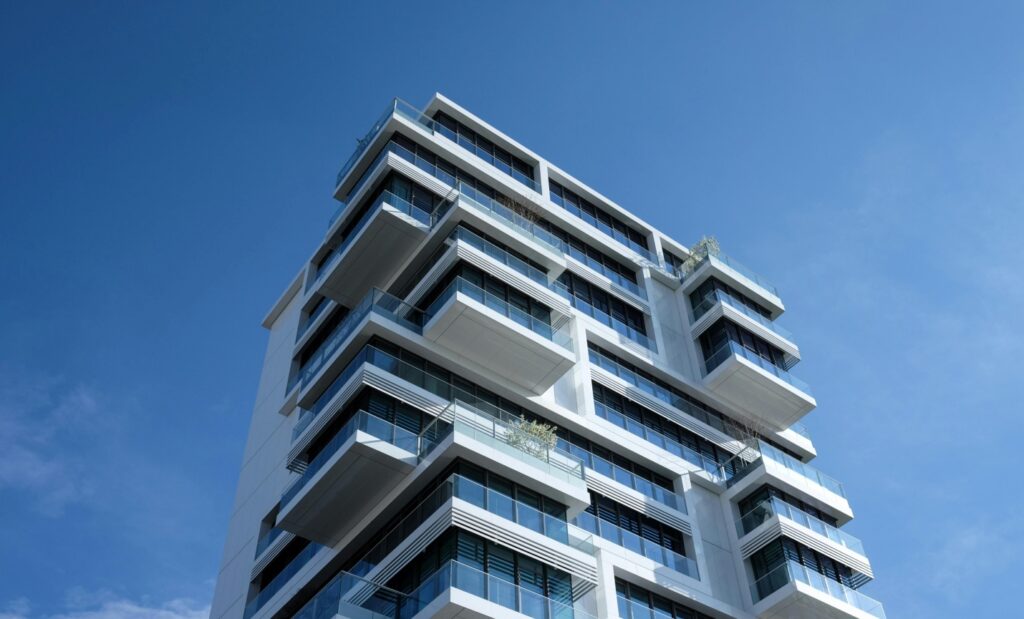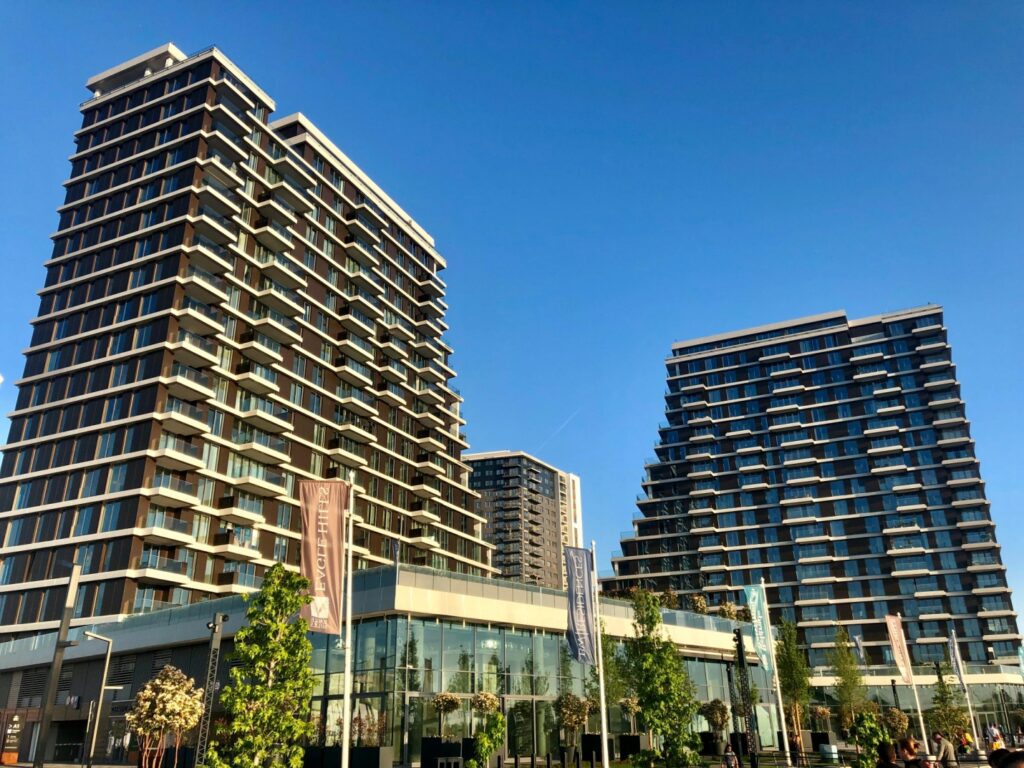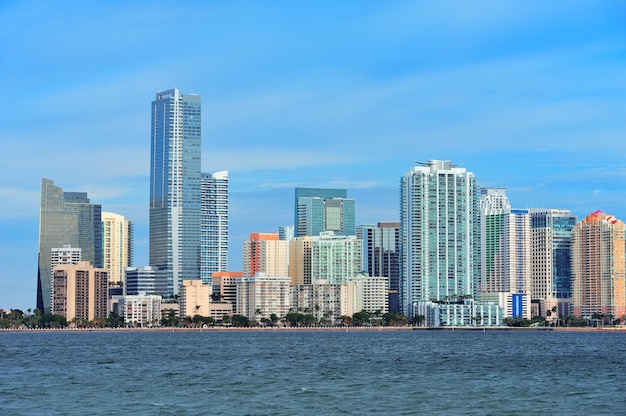When purchasing a condo, buyers often focus on location, amenities, and monthly fees. However, one crucial financial aspect that many overlook is the health of the condo association’s reserve fund. A well-funded reserve ensures that major repairs and maintenance are covered without unexpected costs being passed on to owners. Without adequate reserves, condo owners may face sudden special assessments and increased fees. One of the most important condo purchase tips for first-time buyers is to review the condo association’s financial health before making a commitment.
What Are Condo Reserves?

A condo reserve fund is a savings account maintained by the homeowner’s association (HOA) to cover major future expenses. This includes costs like roof replacements, exterior painting, elevator maintenance, and structural repairs. Since these expenses are inevitable over time, a properly funded reserve prevents financial strain on owners when repairs become necessary. A strong reserve fund also contributes to the overall stability and value of the property.
The Risk of Underfunded Condo Reserves
An underfunded reserve means that when large repairs arise, the HOA does not have enough money set aside to cover the costs. This can lead to:
- Special Assessments– A large, one-time fee imposed on all owners to cover major repairs.
- Increased Monthly Fees– To compensate for inadequate savings, the HOA may significantly raise monthly dues.
- Deteriorating Property Conditions– Without available funds, necessary maintenance may be delayed, affecting property values and livability.
- Difficulty Selling the Condo– Lenders and future buyers may be hesitant to invest in a building with poor financial management.
How to Identify Underfunded Reserves
Before buying a condo, request financial documents from the HOA, including the reserve study and recent financial statements. Look for:
- Reserve Study Reports– These indicate how much should be saved annually for future repairs.
- Percentage of Funded Reserves– Experts recommend reserves be at least 70% funded; anything lower could signal potential financial trouble.
- Recent Special Assessments– If owners have been asked to pay unexpected fees frequently, this could indicate a financial shortfall.
- Planned Capital Improvements– Check if major renovations are scheduled and whether funds exist to cover them.
Conclusion
Understanding the financial health of a condo community can prevent costly surprises. Work with a real estate professional or condo consultant to analyse HOA financials before making a purchase. Investing in a well-managed condo can save you thousands in unexpected expenses and ensure a stable living environment.
By prioritizing financial due diligence, you can avoid the hidden risks of underfunded condo reserves and enjoy a worry-free homeownership experience. Before signing on the dotted line, make sure you’re making an informed decision to protect your condo purchase.
Make Informed Choices with Expert Advice from Condo Parrot ™
Ensure a smart condo acquisition with Condo Parrot™’s expert online insights. Get condo purchase advice, understand HOA fees, and explore the best condo communities in the US. Make informed decisions with confidence. Visit www.condoparrot.com, where your path to informed condo ownership begins.







